Dmitri Hvorostovsky - Sviridov: Russia Cast Adrift (1996)
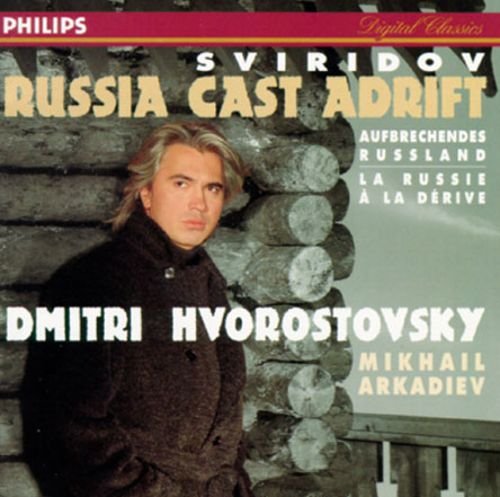
Artist: Dmitri Hvorostovsky, Mikhail Arkadiev
Title: Sviridov: Russia Cast Adrift
Year Of Release: 1996
Label: Philips
Genre: Classical
Quality: APE (image + .cue)
Total Time: 55:19 min
Total Size: 173 MB
WebSite: Album Preview
Tracklist:Title: Sviridov: Russia Cast Adrift
Year Of Release: 1996
Label: Philips
Genre: Classical
Quality: APE (image + .cue)
Total Time: 55:19 min
Total Size: 173 MB
WebSite: Album Preview
01. Tis Pleasant Here, Op. 21 No. 7
02. Everything Passes, Op. 26 No. 15
03. The Answer Was Given, Op. 21 No. 4
04. A Song For My Cornfield, Op. 4 No. 5
05. Heed Me Not, Dear, Op. 14 No. 7
06. I Wait For You, Op. 14 No. 1
07. Night
08. The Night Is Sad, Op. 26 No. 12
09. I Am Alone Again, Op. 26 No. 9
10. Autumn
11. I Left My Home Behind
12. Open Before Me, O My Guardian Angel
13. Silver Path
14. Russia Cast Adrift
15. Simon, Peter... Where Are You? Come To Me
16. Where Are You, O My Father's House
17. Beyond The Hills Of The Milky Way
18. It Sounds, It Sounds, The Fateful Trumpet!
19. An Owl Cries In Autumn
20. Oh, I Believe, I Believe In Happiness!
21. O My Homeland, O Happy And Eternal Hour!
If Georgy Sviridov (b1915) chafed under the musical restrictions of the Soviet regime, he never said so. One of his preferred media has been solo song, where official pressure was not at its heaviest. A cycle of 12 songs, Russia Cast Adrift, proves him a composer of individuality and strength, some striking chordal formations bursting out of an old-fashioned style. The texts – with some enigmatic religious references – are by Yesenin, a notable poet who committed suicide in 1925. Hvorostovsky, excellently partnered by Mikhail Arkadiev at the piano, gives a fine-grained delivery with exceptional command of pianissimo. Nine Rachmaninov songs reap no less artistry in performance, but a few more could easily have been added to augment the total timing. No complaints of short span attend the latest Chandos disc, the second of three presenting all Rachmaninov’s songs in chronological order and ‘sung in the original voices’ (though in one case, oddly, a mezzo-soprano sings a man’s farewell). Often the most characteristic and emotionally attractive aspects of the composer’s style are touched: those who relish the piano concertos will surely not resist ‘Zdes’ khorosho’ (‘How peaceful here’). With the same admirable singers and pianist as in Vol. 1 (reviewed in April), the contrasted vocal registers enhance the sequence.
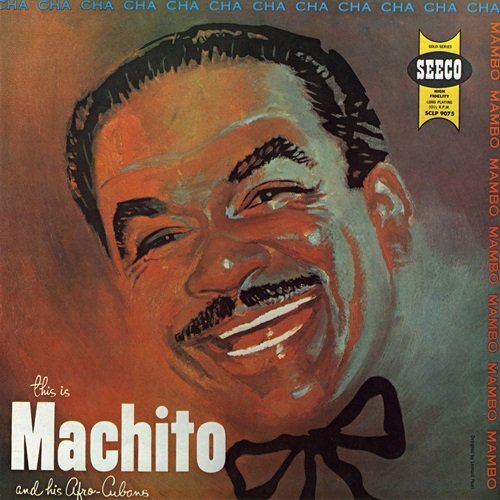
![The Mr Bongo Edits, Vol. 1-4 (2022-2026) [Hi-Res] The Mr Bongo Edits, Vol. 1-4 (2022-2026) [Hi-Res]](https://www.dibpic.com/uploads/posts/2025-03/1742727562_mr_bongo_edits_collage_square.jpg)
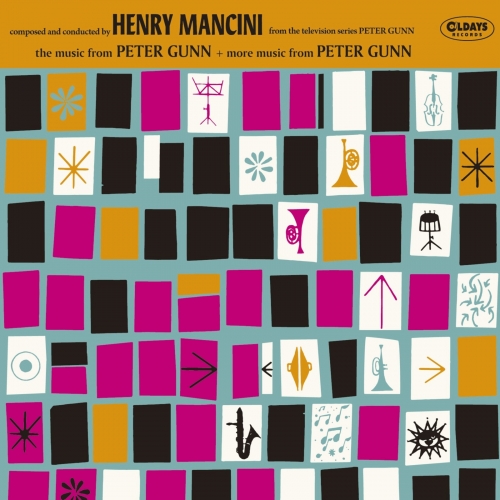
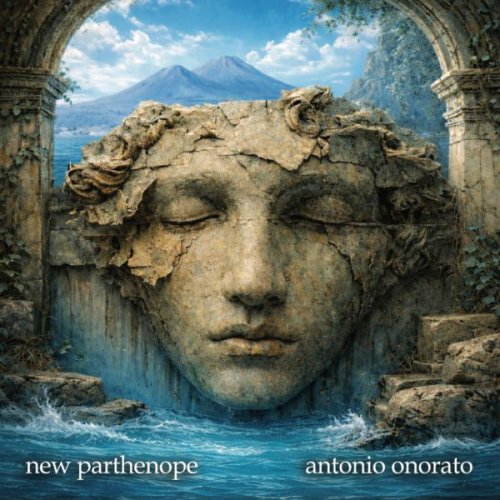
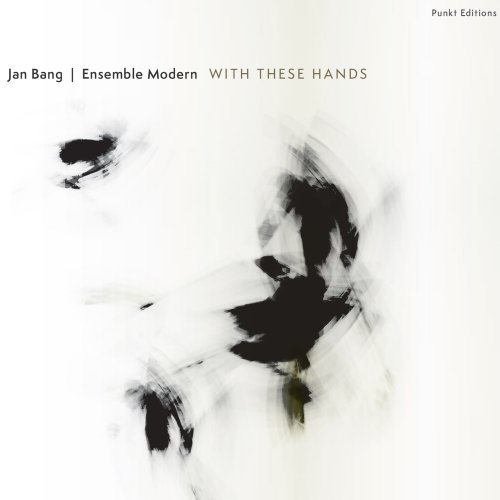
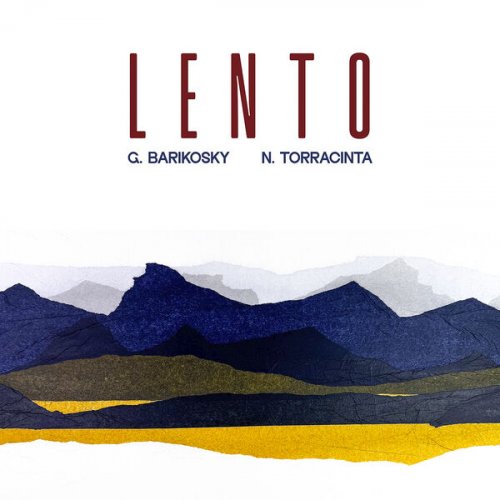
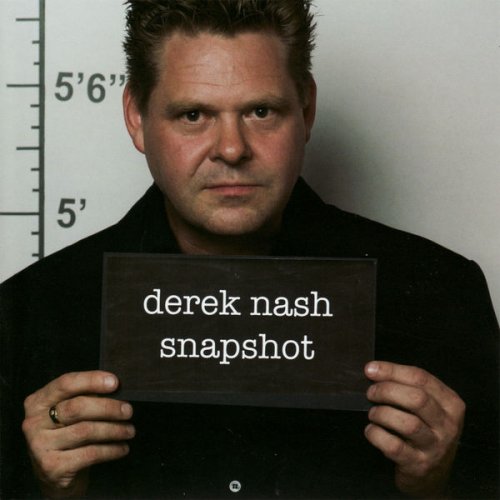
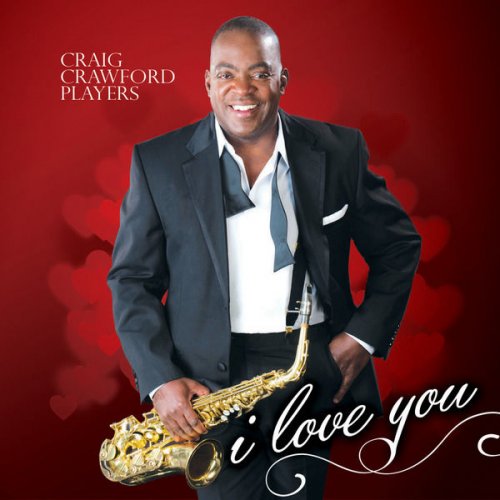
![Angelo Moore - The Medicine Cabinet (2026) [Hi-Res] Angelo Moore - The Medicine Cabinet (2026) [Hi-Res]](https://www.dibpic.com/uploads/posts/2026-02/1770633721_61lemna6xtl.jpg)